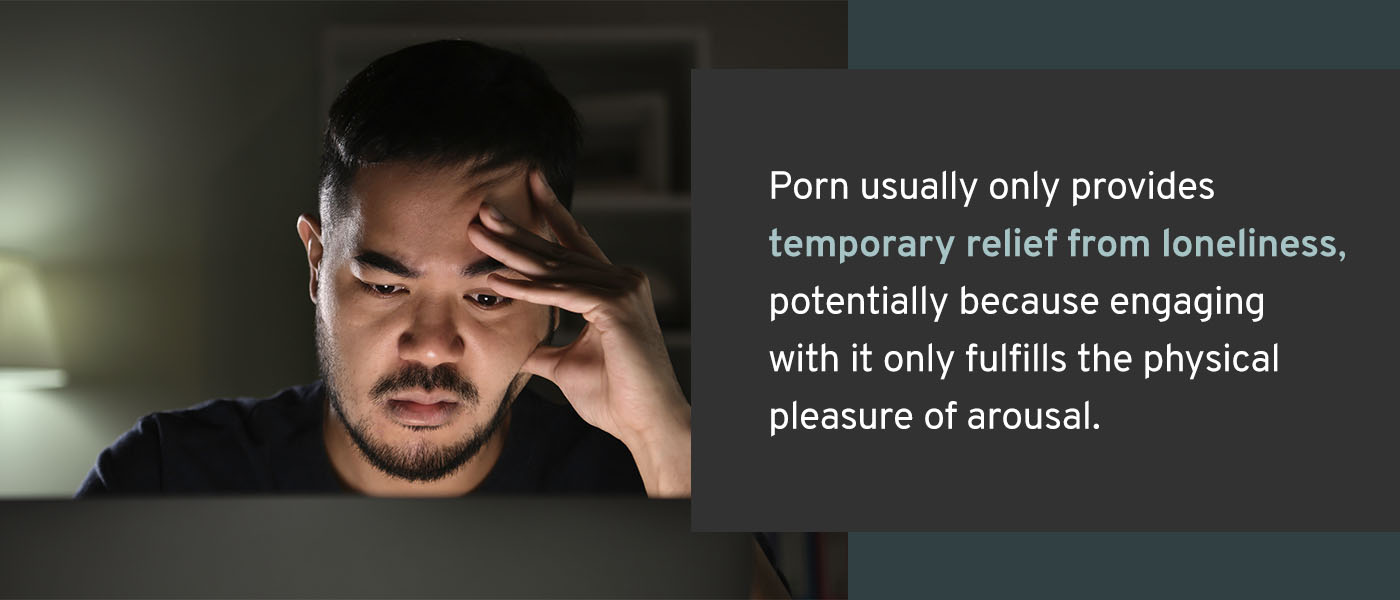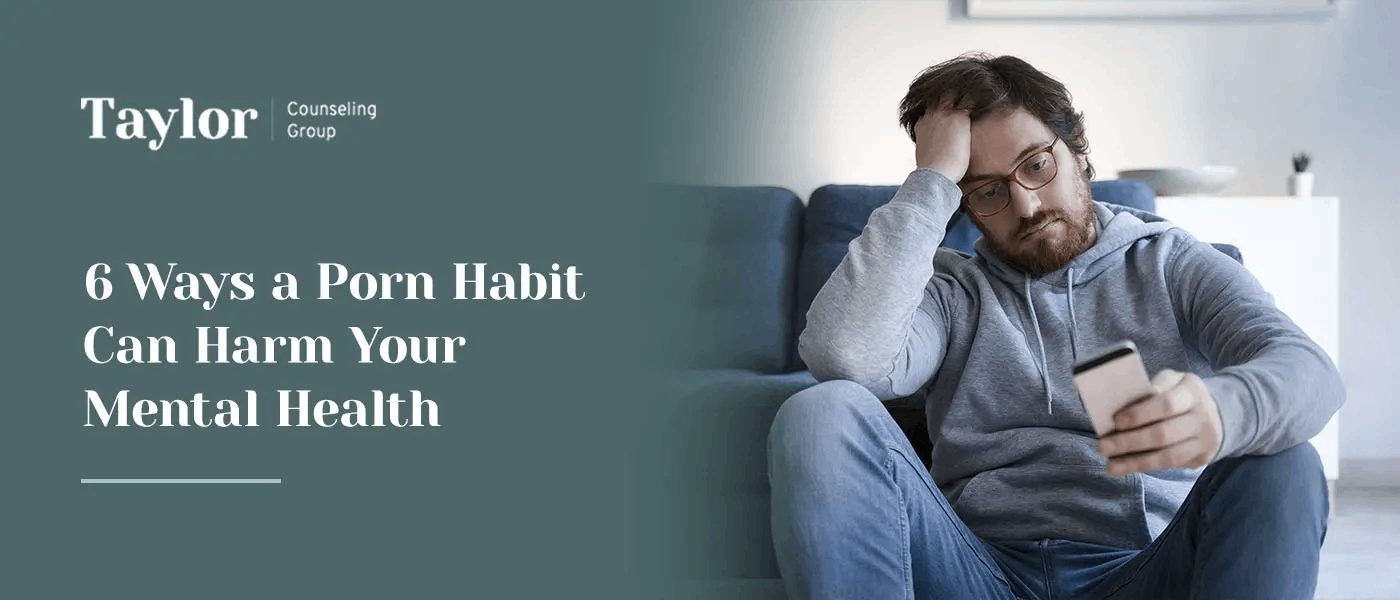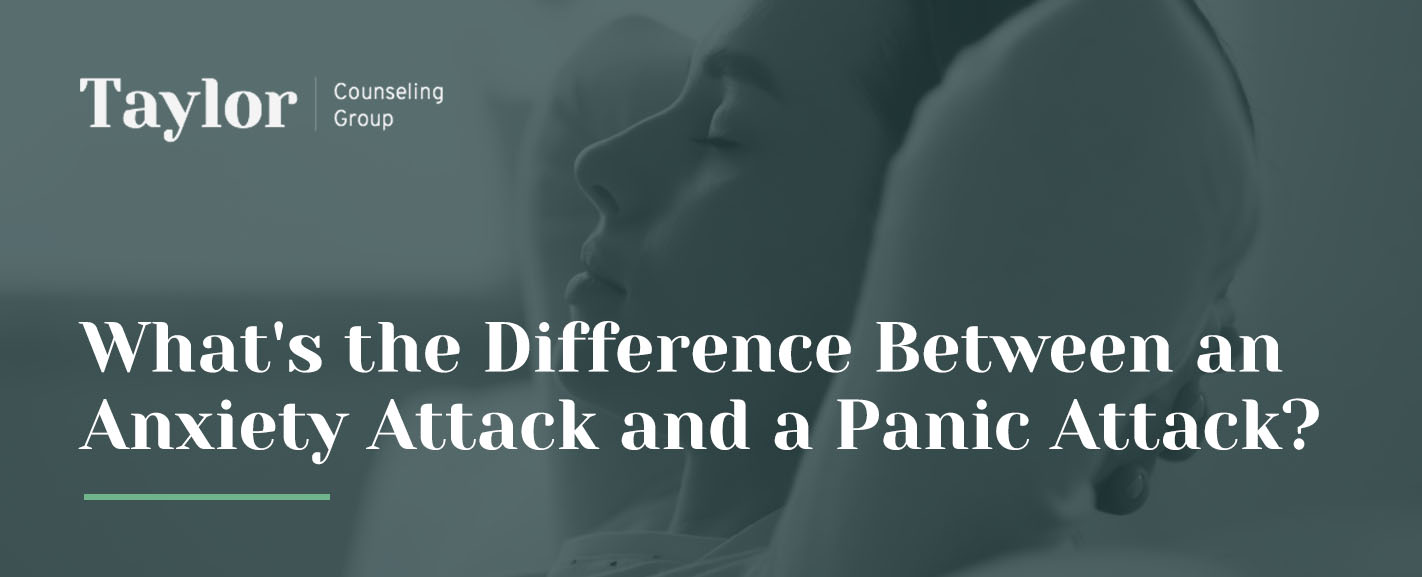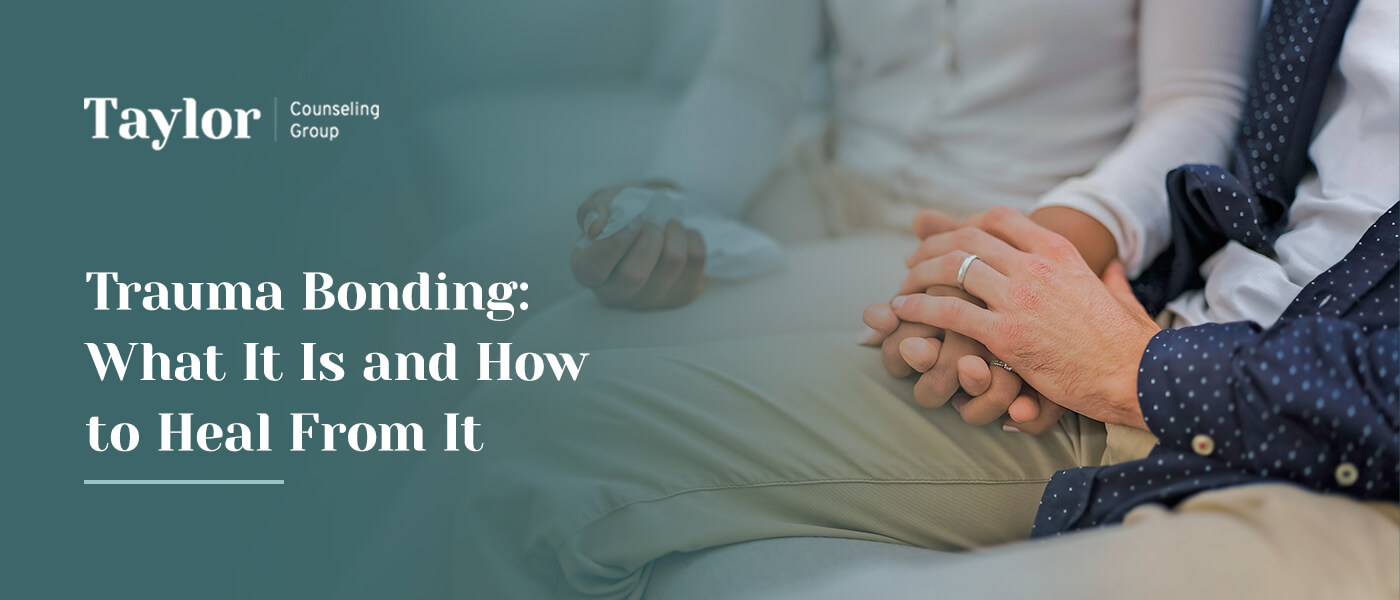Viewing pornography is often considered normal — and for some people, it is beneficial for self-exploration and sexual education. However, a problematic porn habit or porn addiction can lead to mental health risks such as increased anxiety, feelings of loneliness and body image issues.
In this post, we’ll discuss how excessive porn consumption may affect mental health, and how you can receive help for problematic porn usage.
How Porn Affects the Brain
Pornography affects the brain’s reward center and triggers the release of dopamine, a neurotransmitter that plays a role in pleasure. As such, pornography can be highly addictive for some individuals.
Much like they could with alcohol or drugs, individuals viewing porn may gain a tolerance for it, meaning they’ll have to seek more and more content to induce that same dopamine release.
While problematic porn use or a porn addiction does not lead to physical dependence the way drugs or alcohol do, overstimulating the brain can lead to some negative consequences that hinder daily functioning and affect mental health.
1. Increase Anxiety and Depression
Many studies have found a significant relationship between porn consumption and mental health risks. In one study that looked at mental health and pornography use among college students, 17%, 20.4% and 13.5% of survey respondents reported severe levels of depression, chronic anxiety and stress, respectively. Moreover, compulsive pornography use exacerbated all three conditions.
Here are some examples of porn consumption worsening people’s anxiety:
- An individual who overconsumes porn may become increasingly anxious when not viewing pornography.
- Someone who views porn may begin to feel self-conscious about their body or their sexual performance, both of which can result in anxiety.
- People who are morally opposed to viewing porn but do so may experience feelings of guilt when trying to reconcile their behaviors.
Similarly, people may turn to porn to escape the emotions associated with depression. Depression is linked to low serotonin levels, and experiencing an orgasm can lead to a surge of serotonin, as well as a surge of dopamine, which can help people who have depression feel more relaxed.
However, the release of these neurotransmitters only provides short-term feelings of pleasure. With time, the brain will develop a tolerance for porn and require more stimulation to produce the same pleasurable result. As a result, porn may worsen depression and other mood disorders over time.
2. Increase Feelings of Isolation and Loneliness
An individual may begin viewing pornography to escape feelings of loneliness and isolation. However, much like the relationship between porn and conditions like anxiety, using porn as a way to cope with isolation can create a potentially dangerous cycle.
Excessive porn use can lead to increased feelings of loneliness – especially among men. The more these feelings develop, the more likely the person is to keep viewing porn.

Porn typically provides only temporary relief from loneliness, as it primarily fulfills physical arousal rather than emotional connection. By comparison, the act of sex creates a deeper connection between partners. During intercourse, the brain releases oxytocin, producing feelings of comfort and closeness between partners.
Additionally, those who feel guilty or ashamed of their porn habit may not want to talk to their friends and family members, which can compound feelings of loneliness and lead the individual back to pornography. People with a porn addiction may also become dissatisfied with their partner or could pull away emotionally from their partner, which can create distance in relationships and lead to more loneliness.
3. Impact Self-Esteem and Body Image Issues
Pornography can provide temporary escapism, but in the long run, it causes self-esteem issues. For example, one 2020 United Kingdom report found that 29% of young respondents aged 11-17 said they felt bad about their bodies when they saw how people looked in pornography.
Poor body image can lead to low self-esteem and other mental health concerns like:
- Eating disorders such as anorexia nervosa and bulimia nervosa.
- Body dysmorphic disorder.
- Mood disorders such as major depression disorder and bipolar disorder.
- Muscle dysmorphia.
Another study suggests that individuals with preexisting body image issues, concerns about socialization or sexual fears may be more susceptible to problematic porn usage.
4. Impair Decision Making and Cognitive Function
Watching excessive porn can lead to mental fatigue and reduce a person’s ability to focus, process information, or make rational choices. Since porn consumption overstimulates the brain’s reward system, it can:
- Impair decision-making ability in school, work, or relationships.
- Make it harder to concentrate for long periods.
- Result in procrastination and avoidance of responsibilities.
Essentially, the brain starts craving instant gratification, and tasks that require patience or focus feel less appealing. This can make it harder for the person to stay motivated in everyday life.
5. Lead to Emotional Instability and Mood Swings
A person struggling with porn addiction may experience emotional highs when watching pornography, followed by deep lows once the stimulation fades. It’s a vicious cycle that can lead to sudden mood swings, irritability, increased stress levels, and difficulty managing emotional well-being.
6. Increase Feelings of Guilt and Shame
Many people struggling with porn addiction experience overwhelming feelings of guilt about their porn habits. Whether it’s due to personal values, religious beliefs, or relationship concerns, the conflict between their actions and their emotions can be damaging.
Guilt can make someone feel trapped in a loop of shame and secrecy. The more they watch pornography, the worse they feel—but instead of stopping, they might turn to even more excessive porn to escape those emotions.
In relationships, guilt may cause people to withdraw from their partners out of fear of judgment or rejection.
Treatment Options for Pornography Addiction and Associated Mental Health Concerns
If your pornography habit is causing or exacerbating one or more of these mental health concerns, the following treatment options are available to help restore your psychological well-being:
- Medication: The Food and Drug Administration (FDA) has not yet approved a medication for pornography addiction. However, medications like antidepressants and mood stabilizers may be effective. Opioid antagonists, such as nalmefene, may also help treat pornography addiction. Additionally, individuals with pre- or coexisting mental health conditions like anxiety and depression may be prescribed medications to help these conditions and decrease their reliance on pornography to find relief.
- Couples counseling: If a pornography habit impacts an intimate relationship, couples counseling may be helpful. Family therapy is also an option if pornography viewing affects the entire family.
- Therapy: A sex and porn therapist can help people grappling with a problematic porn habit or addiction develop a healthier relationship with sex and intimacy. Through modalities like cognitive behavioral therapy, therapists will target symptoms causing distress and help patients find methods for dealing with them both in and out of treatment.
It can be challenging to talk about a pornography addiction because of how normalized porn habit has become and the shame often associated with speaking about sex and intimacy. However, with these strategies, recovery from porn addiction is possible.







